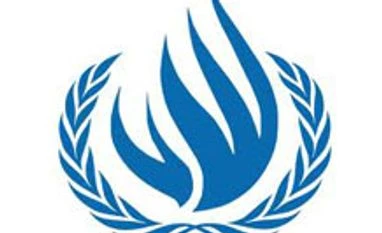The Sri Lankan government has denied opposition claims that it is attempting to gain a domestic political advantage in upcoming provincial polls by whipping up nationalist sentiment over an expected UNHRC resolution.
The UN Human Rights Council session in March is widely expected to adopt another resolution censuring Sri Lanka over its human rights record - the third in as many years - moved by the US and backed by other Western allies along with India.
The government has called for two provincial council elections for the Western and South provinces at the end of March.
More From This Section
"Elections are due as the terms of the two provincial councils ended. If the elections were not held the government could have faced a constitutional stand off," Maithripala Sirisena, a senior minister and the ruling party's general secretary said.
"Elections have no links to Geneva," Sirisena stressed.
The opposition claims that the government plans to time the two elections in March to coincide with the UNHRC session in Geneva.
"It will be the electric chair that people would be asked to vote for and not the ruling party's symbol," left-wing JVP legislator Sunil Handunneththi alleged.
'Electric chair' is a reference to Sri Lankan leaders including President Mahinda Rajapaksa being hauled before an international war crimes tribunal and found guilty for alleged rights abuses during the final phase of the military campaign against the LTTE in 2009.
Sirisena said the government had begun a diplomatic campaign to educate countries on Sri Lanka's progress since the end of the conflict.
"We are telling them of the factual position. For this purpose several ministers are currently visiting many countries," Sirisena said.
Rajapaksa has resorted to holding staggered elections as a test of popularity and also with the aim of wearing down a fractured opposition.
)